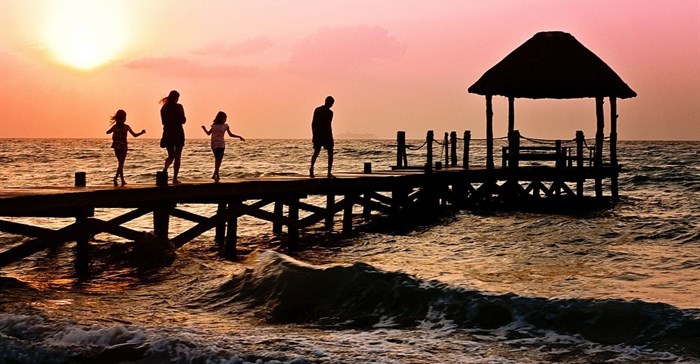South Africans owe it to themselves to take leave

While 65% felt their employer provides an adequate number of holidays each year, 60% ended the year with leave-days owing to them because they were saving the days for a holiday they didn’t take. Most breadwinners felt frustrated and unsettled after shoehorning a week off, with 61% saying they either felt they hadn’t had a long enough break or that they hadn’t fully “switched off” from work, and 73% saying that they thought about work or other commitments a lot while on holiday.
Those who’d been overseas wished they’d spent more time at the destination (66%) or didn’t get to see all they’d wanted to (35%), while 70% said they’d visited the same holiday destination up to five times.
Nick Hewer, former advisor to the UK production of The Apprentice said: “A happy workforce is key to having an efficient working environment and most importantly, a successful business. Employees need time off to unwind and relax in order to perform to the best they can.”
Managing the pressures of work
“Going on holiday is always exciting and we all enjoy the countdown to the day it starts, but judging from the results of this survey, many people are reluctant to venture somewhere new.
“The fact that many South African travellers repeatedly return to the same destination may partly be due to lack of time to plan holidays because of the pressures of work. But returning to the same destination is likely to make you feel as though your trip’s going by more quickly, whereas new holiday experiences will make you feel as though you’ve been away from your routine for longer,” says Sue Petrie, British Airways’ commercial manager for Southern Africa.
Petrie adds that the growing awareness of the need for work-life balance ties into the rise of what’s being termed ‘experientialism’ – the realisation that you get more long-term happiness from the memories of an amazing journey or experience than from material goods. “Buying a designer handbag may feel like it brings happiness – and of course there’s nothing wrong with buying goods – but spending the same amount on, say, a holiday in your bucket-list destination will be more rewarding in the long-term.”